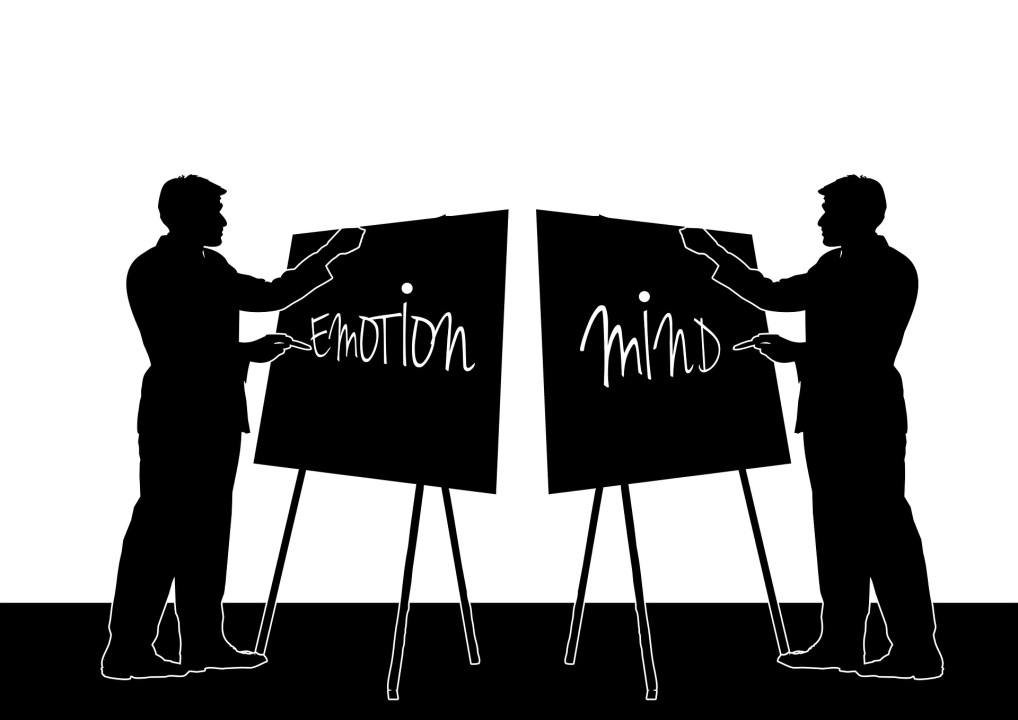The word Meta comes from Greek and it means a change or beyond. The meaning of Cognition is more obvious, it represents our thinking. Metacognition refers to an ability to think beyond your current thought process or to change your thought while it occurs. I prefer to think of it as a skill that allows you to assess whether what you are currently thinking is still relevant to the situation. We all have this skill and likely use it on a regular basis. However, I think it’s important to understand the value this can bring to one’s management and leadership abilities.
Let’s take a real situation, not too uncommon to many, a corporate meeting. How many times have you been in a situation where you planned a well thought out simple meeting, designed to convey your message in a concise and short manner, only to see it derailed by competing agendas and unexpected responses from other attendees? What can you do in these situations?
This is where thinking about thinking comes into play. The core concept of metacognition is an ability to see the current situation from a different perspective and make conclusions, likely leading to actions, on what can be changed to get things under control. Why did this occur? Should you allow this to continue or reign in the conversation back to the original topic? Are there forces beyond your control that may prevent you from regaining control? Answering these questions can help you make the right decision on how to proceed.
Using a personal example, I commonly work with global cross-functional teams that consist of members from different cultures. With such distributed teams, discussions frequently stall when conflicting perspectives are presented. Taking a common sense approach to understanding each point of view is not always enough. This is where metacognition can help. In order to fully comprehend everyone’s view, I also have to take into account their cultural origins. As it happens, most of the time, the differences can be attributed to how each culture approaches a problem. In low context cultures like the US, many decisions are made based on factual understanding and by following the provided guidelines. In contrast, in high context cultures which include South America and Eastern Europe, people tend to follow established relationships and gut feelings. Understanding these differences and placing a given conflict in the cultural context, I can use metacognition to assess various approaches for resolving the stalemate. In my case, it turned out the most amicable approach simply required different explanations for each side but at the core involved the same concept.
In order to develop stronger metacognition skills, practice the following tactics. Thinking out loud helps vocalize thoughts and also allows others to follow your thought process. Ask others if they understood you and if not, which part was not clear. Planning ahead and knowing what outcome to expect is also very helpful.
